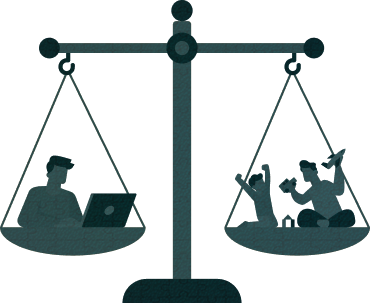Blockchain in smart contracts has the potential to disrupt industries and transform innovation for businesses, especially in the areas of advertising, healthcare, finance, and other sectors.
Traditional smart contracts have issues with security and scalability, which are addressed by blockchain’s distributed ledger technology. The smart contracts market share in the blockchain industry is expected to be valued at USD 1,515.4 million by 2032 and grow at a CAGR of 23.5% from 2022 to 2032.
Here are different ways blockchain is used in smart contracts.
Launch Digital Advertising Campaigns
Blockchain-based smart contracts are self-executing. They can include preset conditions, and targets, as well as confirm actions that the publisher intends to. They can trigger automated payments and verify purchases, thus preventing financial fraud and deceptive malpractices.
Easy Employee Onboarding
Smart contracts can help authenticate business ownership and streamline employee onboarding. It removes intermediaries, simplifies payment processes, and improves verification. Smart contracts made with blockchain can enforce terms and conditions for employment contracts too.
Optimize Supply Chain Management
Different elements of supply chain management benefit from blockchain-based smart contracts. They increase the traceability of certain products, address environmental, social, and governance risks, and enable organizations to calculate tariffs in real-time. They also improve efficiency and minimize human errors.
Facilitates Energy Distribution
Companies can reduce their operational expenses and improve energy management practices by utilizing smart contracts integrated with blockchain. Blockchain’s immutable technology makes the future of using sustainable energy sources profitable. It records transactions permanently for reference, automates electricity delivery, connects energy producers to global networks, and provides consumers with quality assurance.
Why Use Blockchain?
Customers can cultivate strong B2C relationships and enjoy lucrative discounts on purchases by making the most of smart contract offerings. On the other hand, companies save money on overheads and can avoid fraudulent cases.
Participants can be confident about the data being shared as ledgers are immutable and cannot be tampered with. The terms of these contracts and conditions are automatically updated and smart contracts are terminated when the deadline approaches. Consumers are notified of any changes to clauses immediately and are never left out of the loop.
The biggest benefit is increased autonomy and transparency. Transactions cannot be duplicated and organizations can maintain a clear audit trail of business proceedings. There are no intermediary fees, no vendor lock-in period, and companies pay for only what they use.











